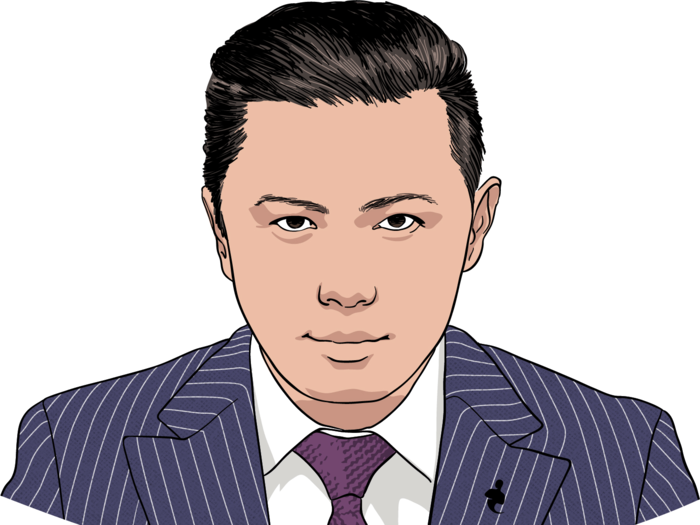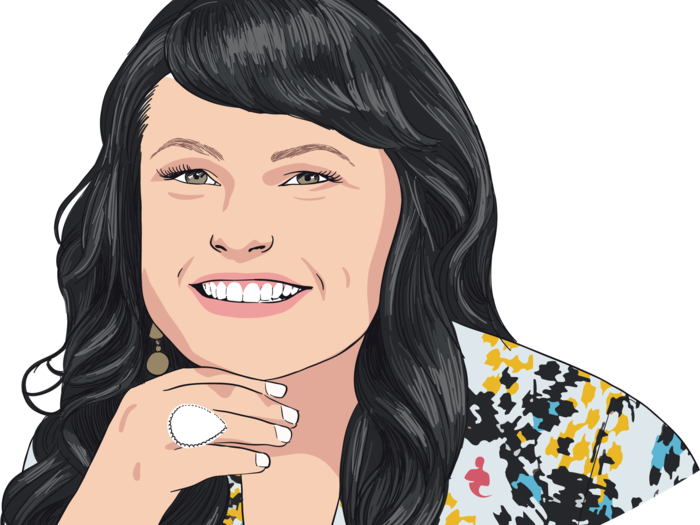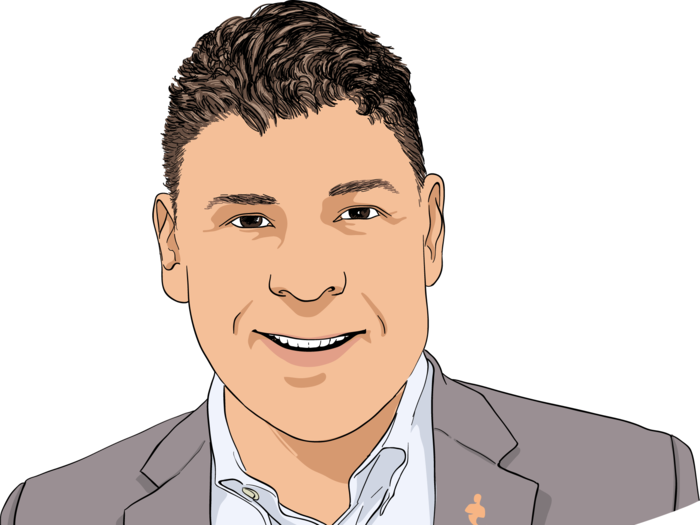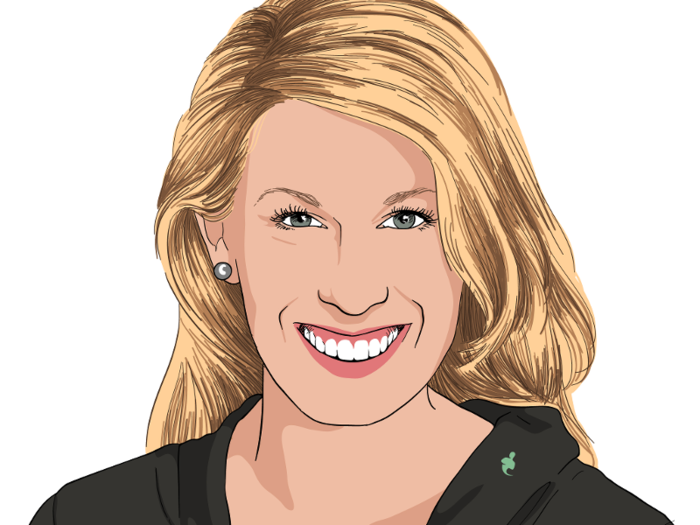- Home
- slideshows
- miscellaneous
- 9 tips for managing burnout, from Jay Leno and other successful entrepreneurs
9 tips for managing burnout, from Jay Leno and other successful entrepreneurs
1. Hire a talented team who make working a joy and treat them well

2. Define your vision and values

Don't try to overcome burnout with sheer willpower. Burnout usually happens when you're focused on yourself instead of your mission, and when you're forcing it instead of in flow. The solution to both problems starts with getting clear on your vision and values. What you focus on becomes your reality; so focus on where you want to be — not where you don't want to be. Then change your self-image accordingly. I was a millionaire in my mind long before I had the money in the bank because I visualized myself that way. That's the only way to be in flow; if you're trying to be who you want to be, you'll always be pushing. Pull yourself toward your vision — you'll operate and make decisions differently when you're driven this way, and it will impact your performance and income.
— Dan Lok, Chinese Canadian serial entrepreneur, global educator, and international bestselling author of "Unlock It!"; founder and CEO of Closers.com and Copywriters.com; read Dan's story and connect with him on YouTube, Facebook, and Instagram
3. Clear your inbox

Whenever I feel in too deep, I look for the source of my discomfort — which is usually an inbox full of unanswered email and calendar invites. I perform a simple ritual to overcome these instances of burnout. I get up early, head to a coffee shop with my laptop, and go through my inbox. I respond to email that truly merits my time and attention. I kill old inbounds, because they will come back if important. Next, I unsubscribe — from mailing lists, sales messages, and other clutter that I didn't ask for or haven't needed since the last purge. Finally, as a forward-looking step, I review all of my email filters, which go out of date as services evolve. This simple exercise clears away stressful distractions so I can prioritize what truly needs my focus.
— Luke Freiler, CEO and cofounder of Centercode, a customer validation solutions provider that helps hundreds of enterprises and high-growth tech companies bring dynamic and delightful products to market; connect with Luke on LinkedIn
4. Develop a daily practice

Start with sleep; sleep is everything. Next up is nutrition: Eat the right foods at regular intervals, with supplements tailored to your needs. Drink a lot more water. Ditch processed foods, sugar, alcohol, and caffeine. Work with a practitioner to identify what your body needs. Invest in IV drips if you can. I use high-grade oils, gratitude, meditation, and movement — daily practices that have been a game changer.
Are you close to burnout? If you aren't sure, ask those around you or try journaling. Plan recovery time and downtime. As a mindset coach, I recommend exploring the reason for burnout. If that's overwhelming, take bite-size steps until you approach the root cause. Stress is a code word for fear; so work out what's driving you and adjust. Self-acceptance and self-awareness go a long way — step back, reassess, and make the changes necessary to thrive.
— Andrea Callanan, musician-turned-entrepreneur; voice, confidence, and success coach, author of "You Are Meant for More," and founder of employee engagement company Inspire Me; connect with Andrea on Facebook, Instagram, and Twitter
5. Try an energy assessment

Eating well, getting quality sleep, and exercise are the first habits that start slipping when you're overwhelmed. With a little determination, they're pretty easy to get back on track; so start there. Make quiet time for yourself before and after work to plan, pray, meditate, exercise, and read instead of bolting to the office as soon as you wake up. Even 30 minutes of this will do wonders for your energy.
Then try my Energy Assessment. Ask yourself: Who and what adds to your energy and quality of life, both personally and professionally? Who and what subtracts from it? Who and what multiplies it? Finally, who and what sucks the life out of you? Write this down. Figure out how to spend more time with the people and on the tasks that add to and multiply your energy.
— Shaun Rawls, founder and CEO of Rawls Consulting; built The Rawls Group of Keller Williams to over $4 billion in annual sales; author of the upcoming book "'F'-It-Less"; connect with Shaun on Facebook and Twitter
6. Align your work with your goals

If you're close to burnout, reassess whether your work and goals are aligned. You should be able to see how the work you're putting in each day is getting you closer to your overall goals personally, professionally, and financially. It's easy to focus on how hard things are when you're in the grind, but you can instantly decrease that overwhelming feeling when you take a macro view and remind yourself why you're doing what you do. When your work and goals are truly aligned, you'll feel energized and motivated to push through the long days — because you can see exactly where you're going, growing, and making an impact.
— Natalie Workman, cofounder of Cardone Ventures for Women; connect with Natalie on LinkedIn, Facebook, and YouTube
7. Do things you enjoy and take micro-breaks

When I burnt out years ago, I took off for a month and spent time learning to fly a helicopter. This kind of active rest always recharges me more than lying on a beach. Research shows that doing activities you enjoy is a better way to recover than doing nothing. When you take a vacation, plan a fun, full schedule. Don't sit around on the beach if you want to be at your best when you get back.
To avoid getting burnt out in the first place, take micro-breaks. Every day, shut off all technology for an hour to think and focus. Each week, take a day to unplug entirely and recover. Each month, take two to three days in a row. Each year, take two to three weeks away from work. This helps me feel refreshed continuously and gives me the energy to face whatever comes my way.
— Matt Clark, cofounder and chairman of Amazing.com and cocreator of Amazing Selling Machine; connect with Matt on Instagram
8. Talk to your employer

If your mental health is truly at risk, you should quit. But this is usually solvable.
Feeling valued is the best counter to burnout, which happens when your job doesn't utilize your gifts or your employer doesn't recognize your effort. So if you're starting to burn out, tell your employer and explain the problem. Give them the chance to show that they value you. Some of our current star team members started in positions that weren't a good fit and approached burnout — but we took the time to find the right fit and show that we value them because we truly appreciate their talents. It made all the difference for everyone involved. If your employer doesn't value you, find one who will. Your happiness depends on it.
— Robert Martinez, founder and CEO of Rockstar Capital, a real estate investment firm with $348 million in assets under management; host of "The Apartment Rockstar" podcast; follow Robert on YouTube and Instagram
9. Get clarity with this three-step approach

In my experience, burnout usually occurs when you don't enjoy and find gratification in the activities you're spending your time on. Here's my three-step plan for conquering overwhelm: First, keep track of how you spend your time for a week, writing down business and personal activities. Second, circle the things that you don't enjoy or do not provide a good ROI for your time. Third, create a plan to delegate those things. If there are too many circles, you know it's time to move on. Whether you're an entrepreneur, working at a small business, or at a large corporate behemoth, clarity is the first step to sanity.
— Keri Shull, founder of the Keri Shull Team, which has sold over $2 billion in properties; cofounder of real estate coaching business HyperFast Agent; named one of America's Best Real Estate Agents by REAL Trends; connect with Keri on Facebook
Want to share your insights in a future article? Join The Oracles, a mastermind group of the world's leading entrepreneurs who share their success strategies to help others grow their businesses and build better lives. Apply here.
For more free business insider advice, follow The Oracles on Facebook, Twitter, and LinkedIn.
Popular Right Now
Advertisement